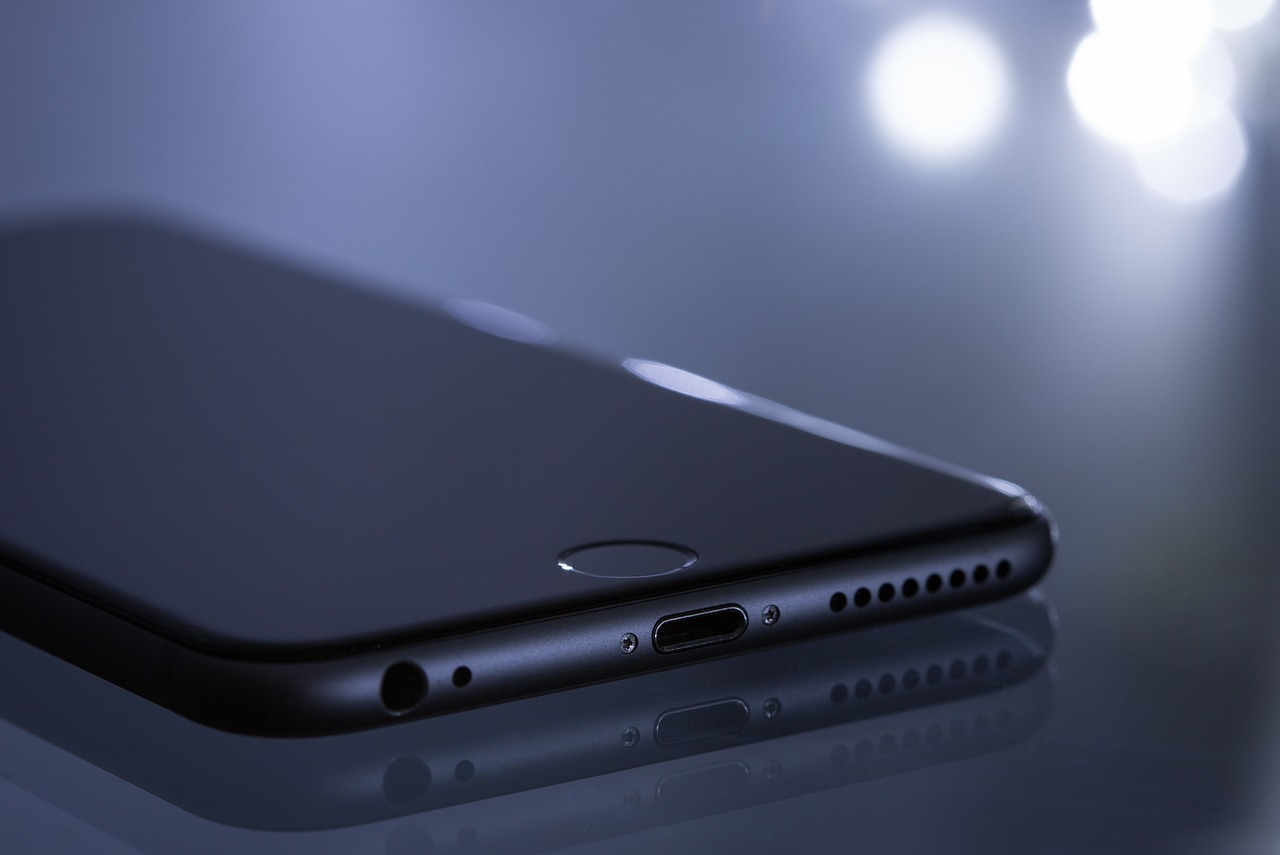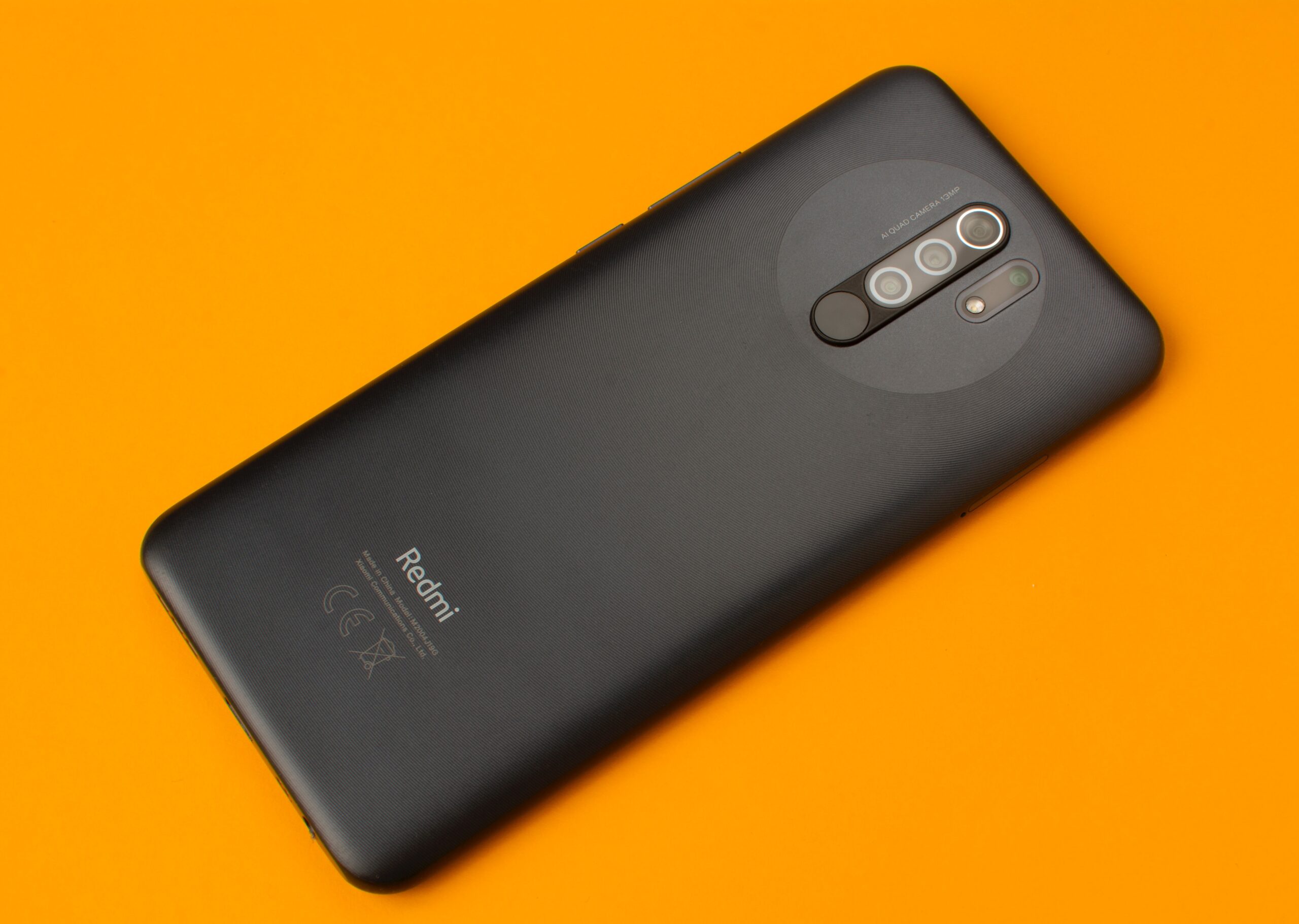Charger rule still not enforced. See the consequences for Apple.
Apple has until September 20 to submit a proposal to the National Secretariat for Consumer Protection (Senacon), part of the Ministry of Justice and Public Security. This is part of an administrative process initiated by the ministry a year ago regarding the sale of iPhones without chargers in Brazil.
Senacon said that Apple expressed interest in April in negotiating with authorities to reach a formal agreement on a period of adjustment of action (TAC). Read on to learn more about what Apple will do about its chargers.

Switching to USB-C
The company is scheduled to unveil a new generation of iPhones on September 12 at an event in California (USA), already fulfilling the EU regulations (European Union) that require standard USB on all smartphones sold in EU member states. In this case, Apple would have to replace its proprietary format, the Lightning connector, with USB-C.
Lightning is Apple's proprietary connector for charging and exchanging data with mobile devices such as iPhones, iPads, and AirPods, and is available in all countries. USB-C has similar functionality, but is a commercially available connector that is compatible with a wider range of devices and offers higher data transfer speeds than the older USB standard.
Samsons in Brazil
The move to USB-C does not change the sanctions already imposed on Apple for selling iPhones without chargers in Brazil. With the announcement of the iPhone 12 in 2020, Apple stopped selling smartphones with chargers, citing sustainability policies as the reason for the decision. Apple smartphones continue to be sold in the country without plug-in chargers, a year after Senacon ordered a ban on the sale of the company's devices and a fine of R$12.2 million. According to Senacon, the sanctions were suspended because “the company filed an administrative complaint” and is currently in negotiations with the TAC.
According to the Secretariat, the commitments made in the TAC are not necessarily related to the sale of cell phones with chargers. However, if Apple does not present its proposal by Wednesday, “the procedure will follow its normal course, and appeals against the Department's decision, with or without the possibility of maintaining the sanctions imposed, will be reviewed,” said Senacon. Before the action brought by Senacon, Procon-SP filed an administrative action against Apple in 2021, resulting in a fine of R$10 million. Regarding this action, Procon stated that the company is in court and the case is awaiting judgment. In October, Apple was fined up to R$100 million in an action brought by the Brazilian Association of Borrowers, Consumers and Taxpayers. The company appealed this decision.
iPhone Addiction
Apple increased revenue from services such as advertising, payments, video streaming and cloud storage. Even so, it remains heavily dependent on product sales, especially the iPhone. In the third quarter of fiscal 2023, which ended July 1, the iPhone generated $39.7 billion in revenue for Apple. This accounts for $48.51 billion of the company's total net revenue ($81.8 billion). corresponds to this period. In the third quarter ended June 25, 2022, the iPhone generated $40.7 billion in revenue. This accounts for $49.11 billion of the company's profit ($82.9 billion).
The introduction of iPhones with new USB-C ports could raise concerns among consumers who already have Lightning cables. Experts say consumers will be harmed by having to forcibly “update” their charger or other devices that connect via cable, as another port will be introduced in the brand. Apple did not comment on the matter when contacted by the press.



